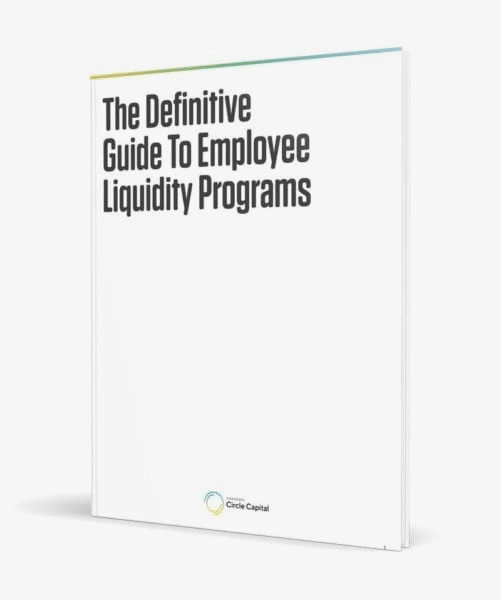Step 8
QSBS — See If Anyone Qualifies for Special Tax Treatment
Further, in certain situations, employees can shield up to $10 million in capital gains from taxes if their equity qualifies for qualified small business stock treatment.
In some cases, early employees can get away with paying little to no taxes. If your timing is right, you could walk away owing nothing on capital gains of millions. Here’s how:
- It’s known as qualified small business stock (QSBS). As part of the tax code since 1993, the QSBS program is designed to encourage investing in small, fast-growing US companies. The federal tax exclusion rule only caught the attention of investors and accountants in recent years as the IRS capital gains rate decreased dramatically.
- If you buy the stock of a qualified C-corporation small business and hold it for five years, you could exclude some or all of the capital gains.
- The balance sheet assets of a qualified small business must be under $50 million. Founders, employees who exercise options, or investors who purchase preferred stock can hold QSBS shares.
- The assumption is that over time, your QSBS company will grow substantially. Your investment still qualifies as long as the company had $50 million or less in assets when you acquired the stock. Note that the rule refers to assets, not valuation. If a company raises $20 million at a $75 million valuation, for example, its shareholders would still qualify, assuming it doesn’t have other assets worth more than $30 million in this example.
If a company has more than $50 million in assets at any point and drops below $50 million through spending, its futures shares don’t qualify as QSBS.
Keep records to prove that your investment is a QSBS. It could be years before you actually exclude the gain on your tax return and years more after you file until you’re audited. At that point, it may be hard to pull together the records you need.
Employees can shield up to $10 million in capital gains from taxes if their equity qualifies for qualified small business stock treatment.
Finally, the pricing of a tender offer may, in some circumstances, prompt the IRS to consider insider sales as compensation. This is taxed at a high rate compared to capital gains, which receive more favorable tax treatment.







